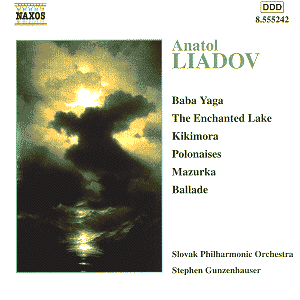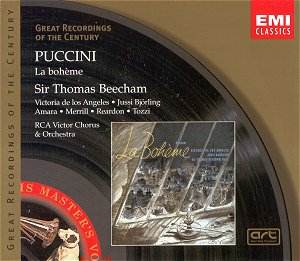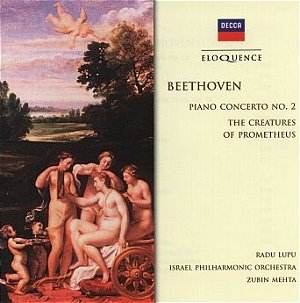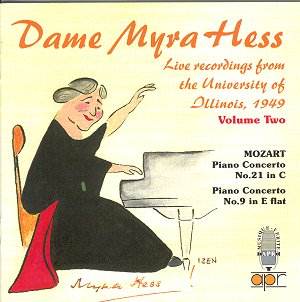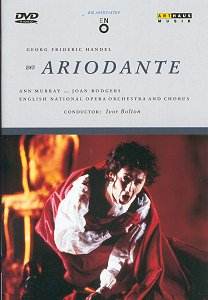 Composer: Georg Friedrich Handel
Composer: Georg Friedrich Handel
Works: Ariodante
Performers: Ann Murray (Ariodante), Joan Rodgers (Ginevra), Gwynne Howell (King), Christopher Robson (Polinesso), Lesley Garrett (Dalinda), Paul Nilon (Lurcanio), Mark le Brocq (Conductor), English National Opera Orchestra and Chorus, Ivor Bolton
Recording: 1996, London Coliseum
Label: Arthaus 100 064
Handel’s Ariodante, composed in 1735, represents a pivotal moment in the evolution of English opera, blending elements of the Italian baroque with the burgeoning French ballet style. This opera, rich with melodic invention and dramatic intensity, showcases Handel’s mastery in crafting both exquisite arias and vibrant orchestral textures. The work’s historical context is notable; it was Handel’s first opera to incorporate ballet sections, reflecting the 18th-century trend of integrating dance into operatic formats, especially in light of the influence of the French ballerina Marie Sallé. In this recording, the performers navigate the delicate balance between the opera’s lyrical beauty and its dramatic demands.
The performance by Ann Murray in the title role presents a complex case. While her vocal technique is generally commendable, characterized by a warm tone albeit marred by excessive vibrato, her stage presence lacks the necessary dynamism to convincingly convey Ariodante’s emotional journey. One feels a disconnect; her portrayal sometimes appears static, almost as if she were a passive observer rather than the central figure of the narrative. However, her interpretation glimmers during the poignant aria “Take your pleasure,” where her solitude on stage allows her to communicate vulnerability effectively, even if her vibrato occasionally disrupts the aria’s flowing, lyrical quality.
In stark contrast, Joan Rodgers as Ginevra emerges as a compelling presence. Her ability to oscillate between seduction and anguish reflects a profound understanding of her character’s emotional landscape. The aria “The pain and grief I suffer” becomes a highlight of the performance, showcasing her technical prowess and dramatic insight. Rodgers’s clear diction and expressive phrasing bring an immediacy to the emotions portrayed, effectively drawing the audience into Ginevra’s turmoil.
Christopher Robson’s portrayal of Polinesso, however, is less successful. His voice suffers from an unflattering miking that detracts from the clarity of his lines, particularly in “When cunning is shrouded,” where a lack of tonal focus renders his character’s malevolence less impactful. The lyrical intricacies of “Since deception can prove” become muddied, raising the question of whether his interpretation falters due to inadequate vocal technique or simply poor sound engineering choices.
The staging, while visually appealing, leans towards the monochromatic, often obscuring the vibrant emotional currents of the libretto. The ballet sections, though tastefully integrated, lack the vivacity one might expect, appearing somewhat frozen rather than embodying the fluidity of movement that characterizes French ballet. This visual restraint may inadvertently contribute to a sense of dramatic stasis, diminishing the overall engagement with the narrative.
The recording quality, while generally clear, occasionally falters, particularly in the balance between orchestra and singers. The English National Opera Orchestra, under Ivor Bolton’s baton, plays with finesse, though moments of instrumental brilliance can overshadow the vocal lines, leading to an uneven listening experience. The sound engineering, particularly the miking of certain soloists, merits scrutiny, as it affects the listener’s ability to fully appreciate the intricacies of Handel’s score.
This production of Ariodante is an intriguing endeavor that captures the essence of Handel’s operatic style, albeit with some reservations. While the performances of Murray and Robson present challenges, the stellar interpretation of Rodgers and the overall orchestral execution provide a compelling representation of this baroque gem. For those with an appreciation for Handel’s work, this recording offers valuable insights, despite its flaws, and stands as a worthy addition to any collection of baroque opera.
